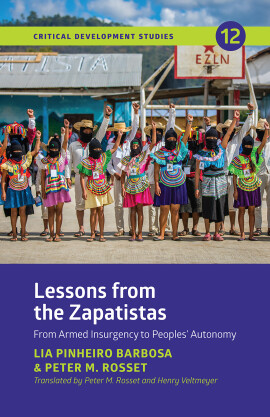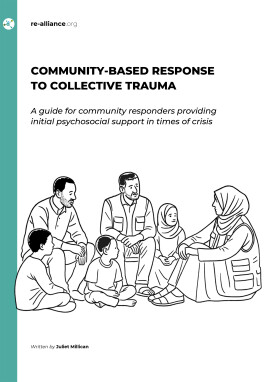
COVID-19 and the Future of Capitalism
Efe Can Gurcan, Ömer Ersin Kahraman, Selen Yanmaz
COVID-19 may be an historical turning point for global capitalism. It has revealed the crisis of neoliberal globalization; however, this does not automatically lead to the ultimate defeat of capitalism or its neoliberal incarnation. The authors in this collection posit that a new framework cannot be built on the values and beliefs of current-day consumer capitalist society; resistance in the pandemic age should be based on the values and beliefs that could be the foundation of a new, postcapitalist society. This book formulates a tentative revolutionary program that could take advantage of the COVID-19 environment to defeat and transcend capitalism.
Series: Critical Development Studies
Published: 2021
Pages: 140
eBook: 9781788531757
Paperback: 9781788531672
Hardback: 9781788531719
| COVID-19 in Historical Perspective | |||
|---|---|---|---|
| The Rise of Digital Capitalism: Challenges before and After COVID-19 | |||
| Revisiting the Precariat in a Post-COVID-19 Context | |||
| Surveillance Capitalism and Social Protest Under Right-Wing Populism | |||
| Disaster Capitalism and Imperialist Aggression: The Case of US Sinophobia | |||
| Neoliberalism and Beyond: Is a Reformed Capitalism Possible? | |||
| Postcapitalist Horizons for the Post-COVID-19 World | |||
| Conclusion |
'Whenever a system is pushed towards and beyond the limits of its normal functioning, as is the case of capitalism today under these conditions, it generates forces that can be mobilized either towards the right or the left. The value and importance of this book is that it provides a clear and succinct analysis of these forces. I am not aware of any other book that analyses the dynamics of capitalist development as well in this conjuncture.'
Henry Veltmeyer Professor Universidad Autónoma de Zacatecas, Mexico. Professor emeritus, Saint Mary’s University, Canada
'This book is a major contribution to the study of capitalism in the time of the virus. All the new and the old contradictions meld into a major breakdown of the system. I strongly recommend this book.'
James Petras, Adjunct Professor at Saint Mary’s University, and retired Bartle Professor of Sociology at Binghamton University in Binghamton, New York
Neoliberalism and the Global Migrant Crisis: A World-Ecology Perspective
Gürcan, Efe Can
Critical Sociology, Vol. 51 (2025), Iss. 7-8 P.1507
https://doi.org/10.1177/08969205241295915 [Citations: 0]




